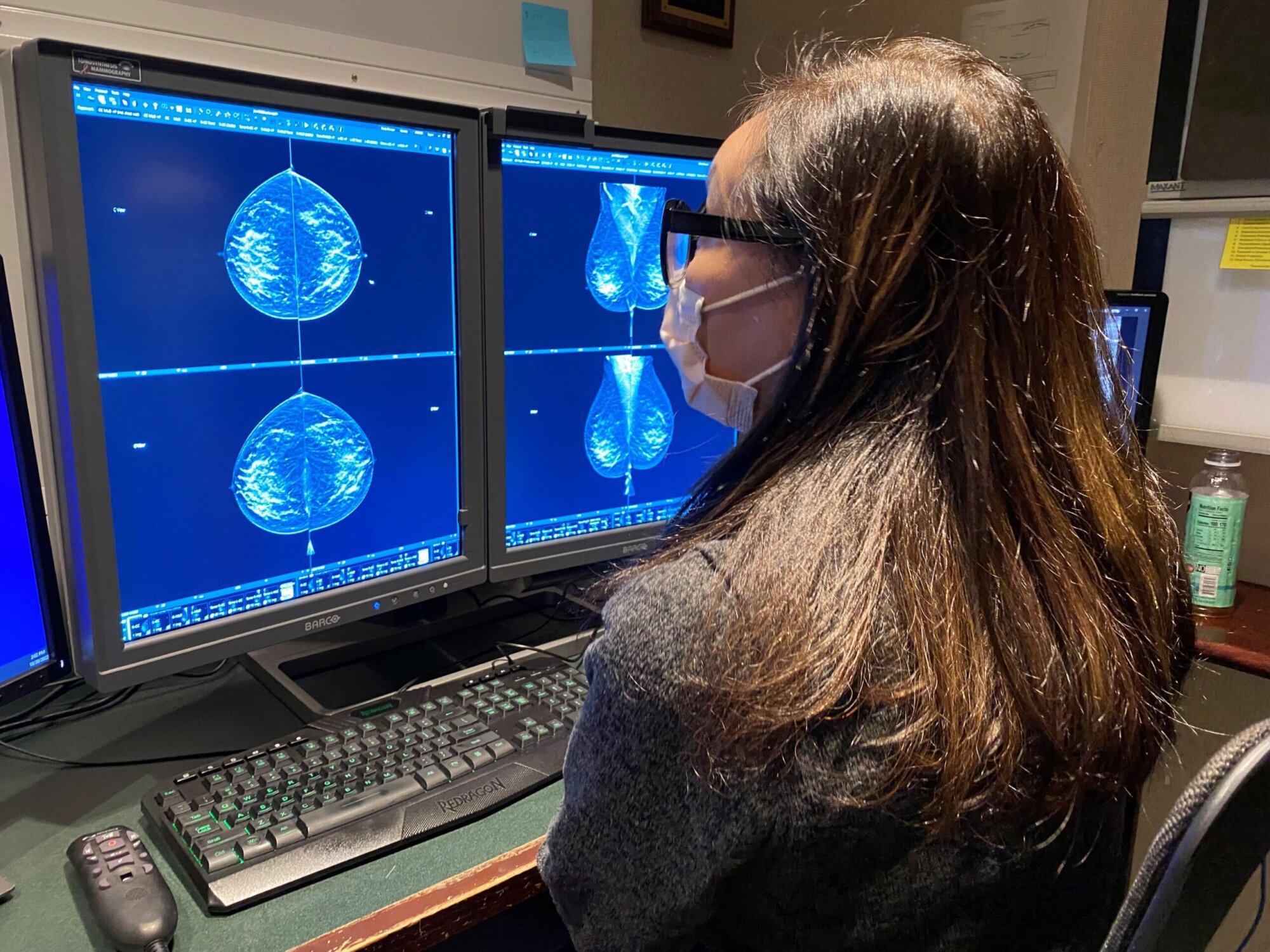
Seventy-six percent of women are concerned about breast health, but about 64% of women over 40 don’t follow the recommended guidelines of getting a yearly mammogram, according to a recent survey done on behalf of MedStar Health.
“We talk about health disparities all the time, but this is a health disparity involving all women,” said Dr. Judy H. Song, chief of Breast Imaging and assistant professor of Radiology for MedStar Health.
Of the 510 women over 40 surveyed, 19% have never had a mammogram; and the 45% who have gotten mammograms aren’t doing it yearly, even though 76% of the survey said breast health is important to them and preventive screenings to catch cancer early when it’s most treatable could save their lives.
“That’s a disconnect. And that, to me, is a disparity that we as health care providers have to work a little bit more carefully and thoughtfully in trying to overcome, so that we’re getting everybody who is eligible for screening,” Song said.

The most common reasons women over 40 give for skipping mammograms, according to the survey:
- “Haven’t gotten around to it” — 22%
- “I’ve had normal mammograms in the past” — 22%
- “Breast cancer doesn’t run in my family” — 11%
- “Mammograms are painful” — 9%
- “I’m afraid. What if they find something? — 9%
Song wants to disabuse people of the notion that not having breast cancer in your family means you’re less likely to get it.
“It’s really helpful to know your family history. But the majority of our breast cancers are not related to patients with strong family histories, or genetic mutations,” she said. “The majority of women who will get diagnosed with breast cancers are healthy women, who just happen to be one of the one in eight women that get a diagnosis of breast cancer.”
Friday Oct. 21 is National Mammography Day.
New this year, Song said women don’t have to manage their mammograms or other breast imagining around the COVID-19 shot/boosters anymore. There is better understanding, she said, of what they’re seeing in the lymph nodes now. What’s important is to be able to say which arm you had the vaccine in, and the date of your shot.
Women of average risk should begin yearly breast cancer screening mammograms at age 40, according to guidelines from the National Comprehensive Cancer Network, which also recommends that women assess their risk of developing breast cancer about age 25.
Song wants women not to hesitate to see a health care provider if they notice anything not typical.
“A symptom is anything that concerns you about your breast. If you have a skin change, if you have a lump that even if you feel it only for two days, if you have just discomfort only in one area in your breast, these are all symptoms,” she said.
“A lot of women won’t speak up. And it’s important for women to speak up because we are here to help you, and as breast imagers and especially at comprehensive breast centers, we are able to address your symptoms and you just need to share them with us and not be shy.”








